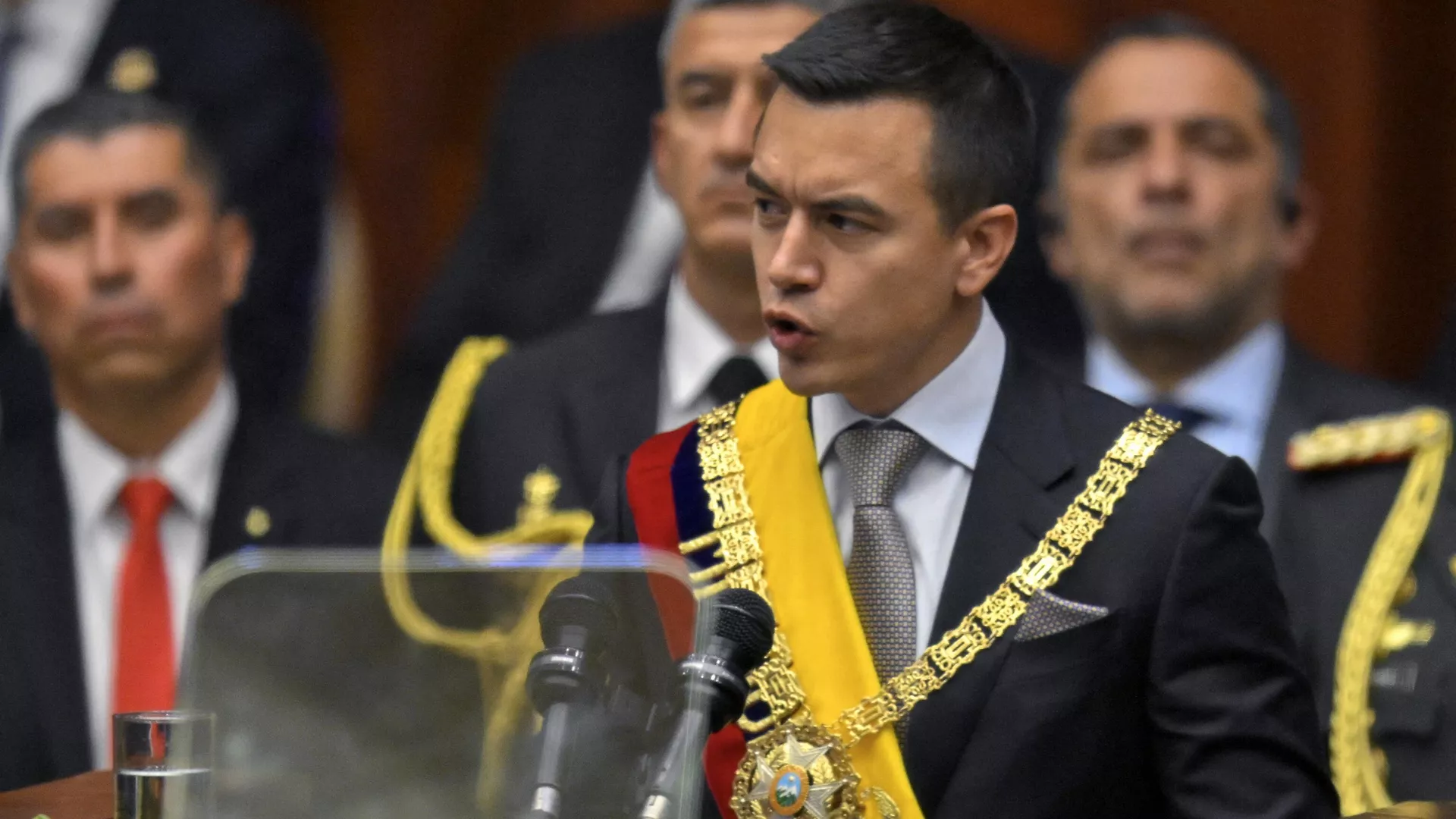By Florencia Belén Ruiz
Copyright riotimesonline

Balancing the Budget: Ecuador’s Tough Diesel Subsidy Cut under Decree 134
President Daniel Noboa issued Executive Decree 134 on September 16, 2025, imposing a 60-day state of exception in seven provinces—Carchi, Imbabura, Pichincha, Azuay, Bolívar, Cotopaxi, and Santo Domingo—to end disruptive blockades following the diesel subsidy removal.
The government ended a policy that cost $1.1 billion annually, raising diesel from $1.80 to $2.80 per gallon to meet IMF fiscal targets and stabilize public finances.
Ecuador faces debt repayments of $9.3 billion from 2024 to 2026 and a public debt ratio of 55.3 percent of GDP. Under a $5 billion IMF Extended Fund Facility, the administration must cut subsidies that account for $3.1 billion yearly, nearly half on diesel alone.
Maintaining the subsidy would breach IMF conditions and risk halting crucial financing. Decree 134 suspends freedom of assembly in key provinces, deploying police and military forces to clear highways, safeguard infrastructure, and ensure free movement of goods and people.
The measure preserves peaceful protest only if demonstrators respect public order and others’ rights. Authorities already allocated $220 million to compensate transport companies and guarantee passenger fares remain stable.
By redirecting fuel savings into social programs, the government will expand direct cash transfers to 55,000 more families while safeguarding health and education budgets. The reform signals fiscal discipline to investors and underpins plans to refinance external obligations at lower rates.
President Noboa acknowledges the social strain but insists that Ecuador’s dollarized economy leaves no alternative: “We must honor our debt commitments and maintain essential services.
Subsidies distort markets and benefit few at the expense of many.” He argues decisive action now avoids deeper economic crisis and preserves sovereignty over budget choices.
This approach tests the government’s capacity to balance macroeconomic stability with citizens’ rights. Successful implementation will demonstrate the state’s resolve to meet international obligations, protect core services, and restore confidence in Ecuador’s financial outlook.



